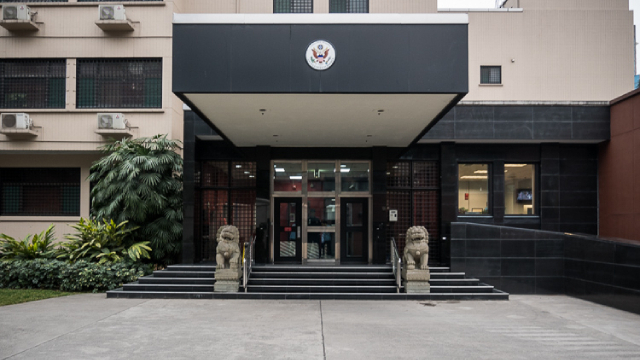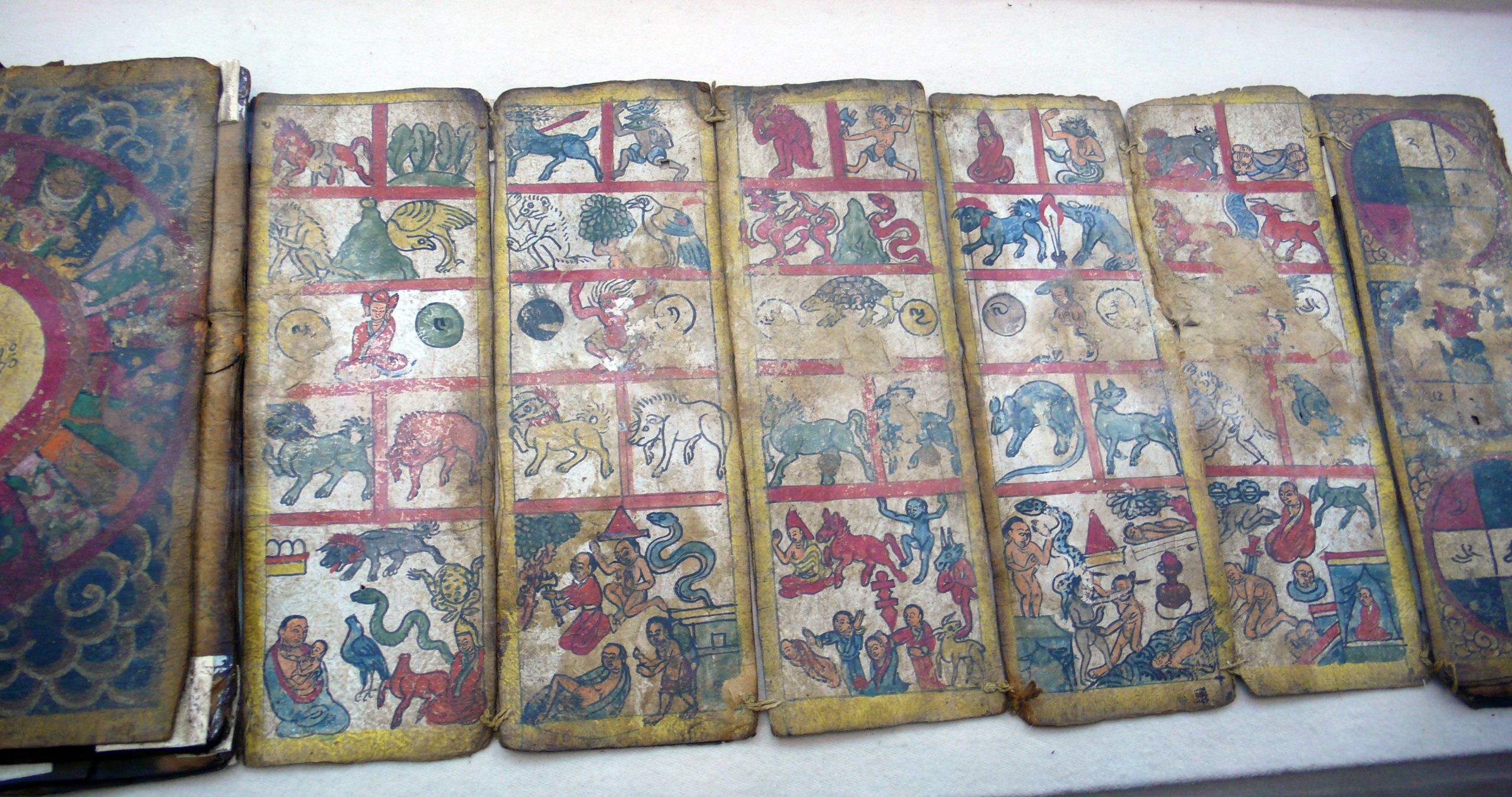
China on Friday ordered the closure of the U.S. consulate in the southwestern city of Chengdu, in a tit-for-tat retaliation for the closure of its Houston consulate by Washington.
The move came after the ruling Chinese Communist Party said it would retaliate after the consulate in Houston was given just three days to evacuate amid allegations it was a hub for espionage activities.
“The Ministry of Foreign Affairs of China informed the U.S. Embassy in China of its decision to withdraw its consent for the establishment and operation of the U.S. Consulate General in Chengdu,” China’s foreign ministry said in a statement on Friday.
Foreign ministry spokesman Wang Wenbin said some U.S. personnel stationed in Chengdu were “conducting activities not in line with their identities” and had interfered in China’s affairs and harmed China’s security interests, but he did not say how.
“Some personnel of the US Consulate General in Chengdu engage in activities that are incompatible with their status, interfere in China’s internal affairs and harm China’s security interests,” Wang said, adding: “Diplomacy works both ways.”
The closure of the U.S. consulate comes amid rising tensions between Beijing and Washington, and a day after U.S. Secretary of State Mike Pompeo called on U.S. allies to join forces for a more “assertive” approach to dealing with China.
The White House signaled earlier this year that it was moving away from a decades-old policy of engagement with China, towards a more “competitive” approach.
The Chengdu consulate is considered strategically important, because it is the base for U.S. intelligence-gathering about China’s weapons programs and the situation in Tibet.
Senior Chinese diplomat Wang Yi said the U.S. was to blame for “trying to interrupt China’s development.”
Some 200 employees, including around 150 locally hired staff, at the U.S. consulate now have until 10.00 a.m. Monday to leave, according to the editor of the Communist Party-backed Global Times newspaper.
Anti-U.S. protests a possibility
Chinese military affairs commentator Li Feng said anti-U.S. demonstrations were a possibility in Chengdu.
“Once hatred towards the United States is incited, we can’t rule out the possibility that the Chinese government will allow a repeat of the anti-Japanese demonstrations we have seen in the past,” Li said.
“This has the effect of saving face and relieving anger, an emotion that the government is able to manipulate skilfully,” he said.
Ma Zhengang, former Chinese ambassador to the United Kingdom and former director of the China Institute of International Studies, said bilateral relations are at their lowest ebb since detente began in the wake of President Nixon’s visit to China in 1972.
“President Trump has taken many actions that we cannot understand,” Ma said. “China has repeatedly emphasized that the only correct way to develop Sino-U.S. relations is to develop bilateral cooperation.”
Consular staff in Houston have until 4.00 p.m. local time on Friday to vacate the property, although consul general Cai Wei said normal operations will continue.
A landmark moment
Beijing-based rights activist Hu Jia said Pompeo’s speech on Thursday was a landmark moment, but that it will have gone over the heads of many in China, who are concerned with how to make a living amid the coronavirus pandemic and historic flooding along the Yangtze river.
“China may have the internet and 5G technology, but we are actually quite isolated from the rest of the world,” Hu said. “It’s not just a question of our access to information, but also our way of thinking.”
Shanghai resident Ma Yalian said Beijing had acted “recklessly” in entering a trade war with the U.S. and in breaking its promise of autonomy to Hong Kong.
“China’s current problems are clearly bound up with its leader, Xi Jinping,” Ma said. “When officials at every level are behaving badly, then it’s the fault of the leader.”
Pompeo blamed China for the coronavirus pandemic and blamed the country for “trade abuses” that had hit the U.S. economy hard, and hit out at Communist Party general secretary Xi Jinping’s ambitions to extend Beijing’s global power.
“The old paradigm of blind engagement with China simply won’t get [the job] done. We must not continue it and we must not return to it,” he said.
“The free world must triumph over this new tyranny.”
Citing Nixon’s call for Washington to try to “induce change” in China, Pompeo said the kind of change envisaged by many in the U.S. hadn’t come about.
“We opened our arms to Chinese citizens, only to see the Chinese Communist Party exploit our free and open society,” he said. “China sent propagandists into our press conferences, our research centers, our high-schools, our colleges, and even into our PTA meetings.”
“Today, China is increasingly authoritarian at home, and more aggressive in its hostility to freedom everywhere else,” he said.
In Beijing, the foreign ministry said Pompeo’s speech was a alicious attack” on China’s political system, full of ideological prejudice and Cold War attitudes.
“In a globalized world, Pompeo is launching a new crusade against China,” spokeswoman Hua Chunying said.
Reported by Gao Feng and Tseng Yat-yiu for RFA’s Mandarin and Cantonese Services. Translated and edited by Luisetta Mudie.
Source: Copyright © 1998-2016, RFA. Used with the permission of Radio Free Asia, 2025 M St. NW, Suite 300, Washington DC 20036. https://www.rfa.org.












